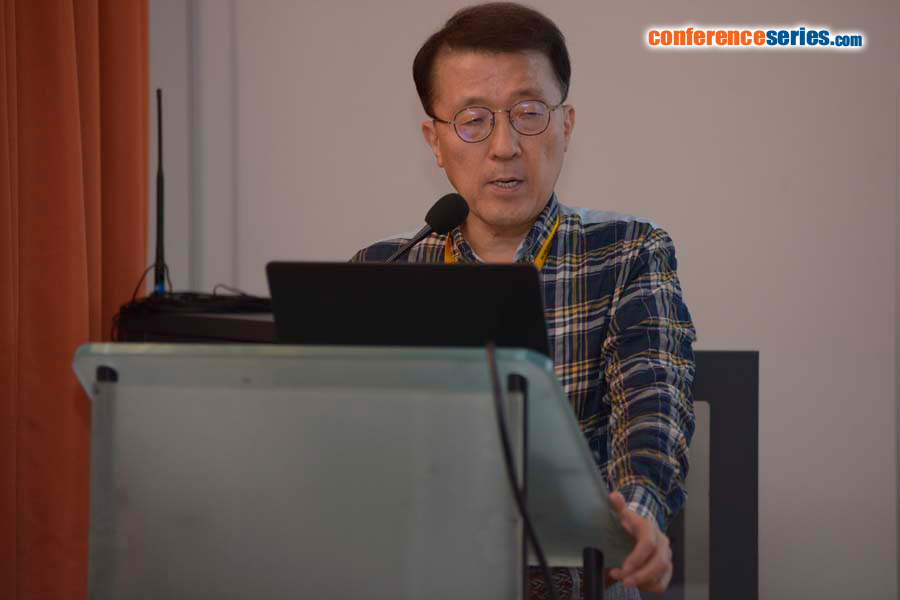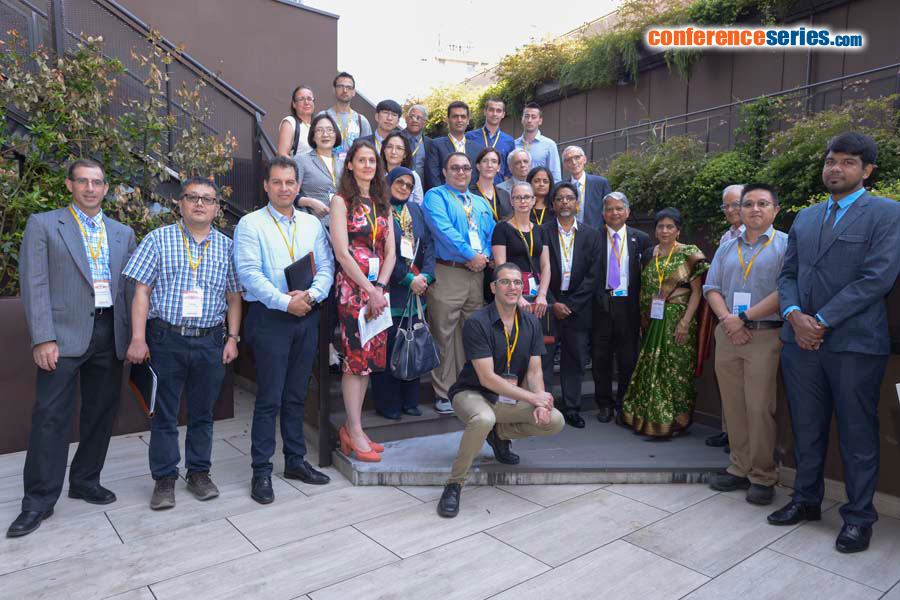
Young-Ho Lee
Hanyang University College of Medicine, South Korea
Title: Delayed cytokine effects of 4 days of intravenous G-CSF infusion for mobilization of peripheral blood stem cells: Possible role for neuroregeneration
Biography
Biography: Young-Ho Lee
Abstract
Statement of the Problem: Granulocyte colony-stimulating factor (G-CSF) has been widely used to mobilize peripheral blood stem cells (PBSC). In addition, it also has been tried to reveal the regenerative potential in various neurodegenerative diseases. We investigated the short-term and delayed effects of infused G-CSF for PBSC mobilization on the various cytokine secretions in cerebral palsy (CP) children. Methodology & Theoretical Orientation: G-CSF (10μg/kg/dose) was administered subcutaneously for 4 days to the children with CP. In first group, blood levels of G-CSF, interleukin (IL)-6, IL-10, insulin-like growth factor (IGF-1), vascular endothelial growth factor (VEGF), and brain derived neurotrophic factor (BDNF) as well as mobilized total nucleated cell (TNC)/CD34+ cell counts in peripheral blood (PB) were compared between levels just before (D+0) and 1 day after 4 days of G-CSF injections (D+5). In second group, cytokine levels were compared between D+0 and 1 month after 4 days of G-CSF injection (D+30). Cytokine levels were measured by enzyme-linked immunosorbent assay. Findings: Baseline levels of G-CSF were significantly increased (p=0.000) and IGF-1 decreased (p=0.011) at D+5 after 4 days of G-CSF compared to control group. In contrast, other cytokine levels including IL-6, IL-10, VEGF, and BDNF did not show any significant changes between before and after G-CSF administration. CD34+ cell counts (p=0.000) as well as TNC counts (p=0.000) in PB were significantly increased from D+0 to D+5 in children who received G-CSF compared to placebo group. Regarding delayed effect of G-CSF, G-CSF levels were significantly increased from baseline to D+30 (p=0.000), along with the increase IL-10 (p=0.035) and VEGF levels (p=0.011) and the decrease of IGF-1 levels (p=0.014). Conclusion & Significance: G-CSF which administered to mobilize PBSCs could induce the delayed effects on the levels of G-CSF itself as well as of other cytokines which could affect on the neuroregenerative potential.



